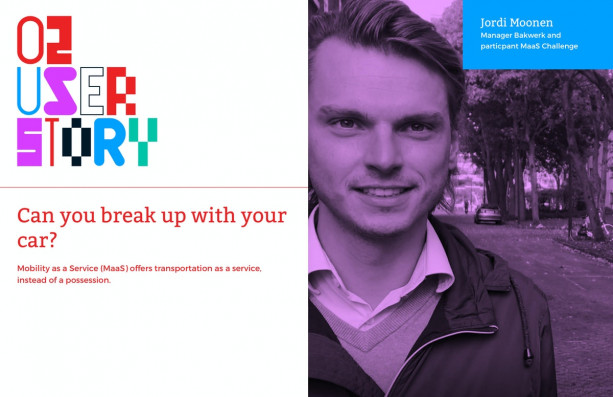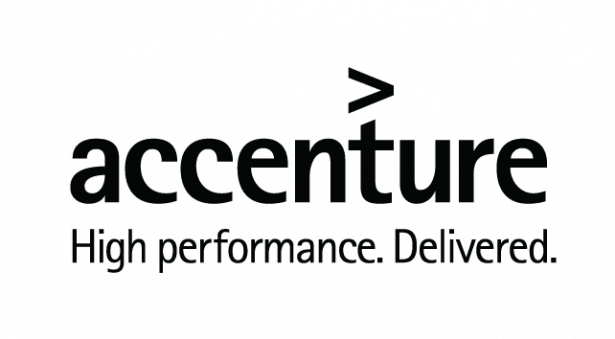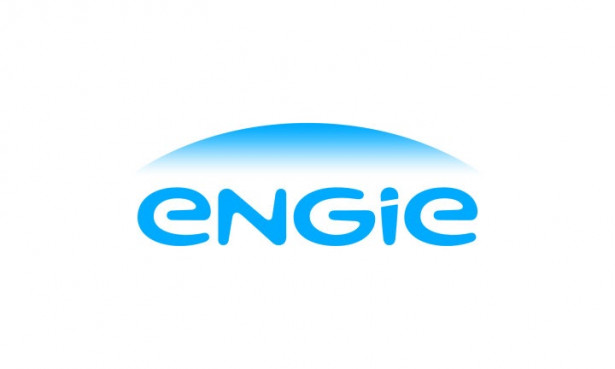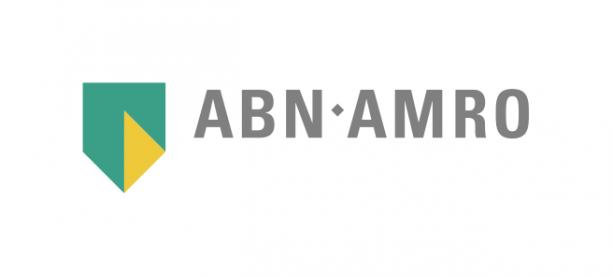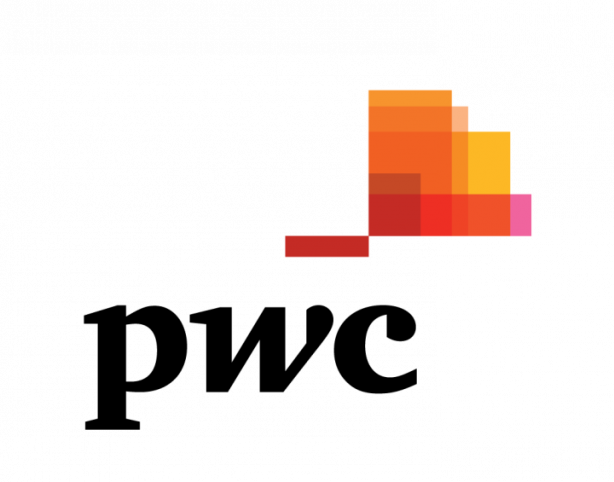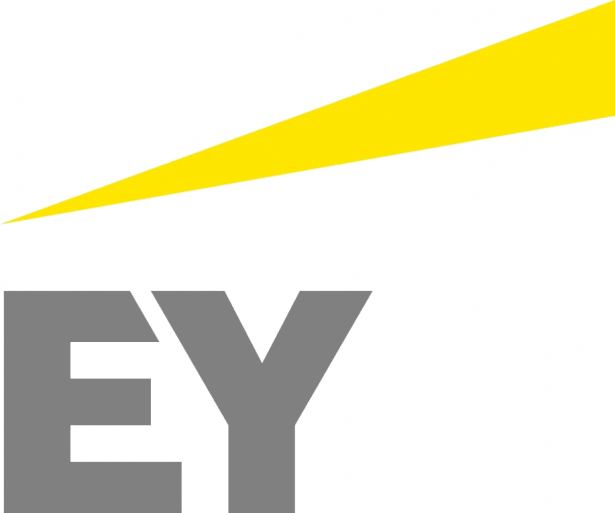Stay in the know on all smart updates of your favorite topics.
GEMINI: Greening European Mobility through cascading innovation INItiatives
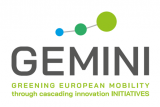
Context
At the heart of the GEMINI Project lies a commitment to fostering innovation and to accelerate the transition towards climate neutrality in mobility solutions.
Goal 11 of the UN Sustainable Development Goals advocates for access to safe, affordable, and sustainable transport systems. Nowadays, transport plays a significant role on air pollution and is one of the major sources of greenhouse gas emissions and is the only sector in the EU with increased Green House Gas (GHG) emissions compared to 1990.
The promotion of sustainable and innovative mobility solutions can help towards reducing GHG and carbon footprints, improving air quality, and achieving climate goals.
Project brief
The GEMINI Project (2023-2026 “Greening European Mobility through cascading innovation Initiatives” is a Horizon Europe funded project with 43 partners led by the Urban Electric Mobility Initiative (UEMI).
To accelerate the transition towards climate neutrality, GEMINI aims to foster widespread adoption of sustainable shared mobility solutions. To achieve this, the project will develop and test innovative business models for New Mobility Services (NMS) such as shared connected automated vehicles and shared mobility public transport through public-private partnerships. The NMS business models will be demonstrated in ten European Cities (Amsterdam, Copenhagen, Helsinki, Munich, Leuven, Ljubljana, Paris-Saclay, Porto and Turin).
Additionally, GEMINI will create digital tools and platforms that accommodate various mobility services, promoting collaboration and integration within the mobility sector. The project will actively engage stakeholders in the co-creation process, introducing Mobility as a Commons (MaaC) and incentivizing behavioural shifts and user acceptance of these new mobility options.
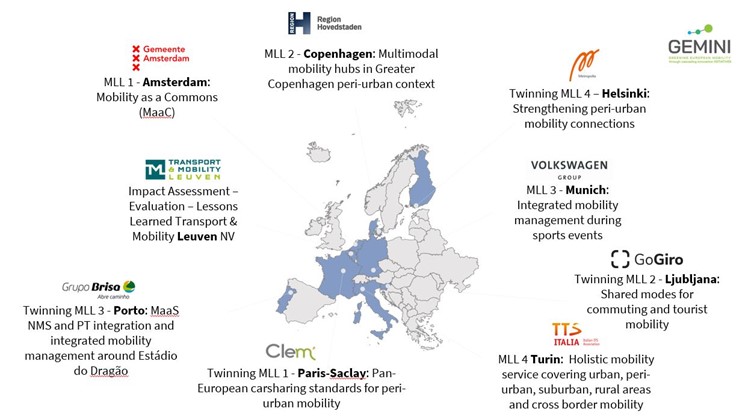
Furthermore, GEMINI will formulate policy recommendations to enable the scaling up and replication of successful mobility solutions. By aligning with Sustainable Urban Mobility Plans (SUMPs) and urban mobility planning frameworks, the project aims to contribute to a comprehensive policy package that guides and incentivizes future mobility innovations. The GEMINI project envisions fostering sustainable, accessible, and affordable shared mobility solutions that contribute to a safer and more environmentally friendly urban mobility landscape.
Objectives
- Develop and test sustainable business models for New Mobility Services (NMS) to increase shared mobility solutions (MaaS and MaaC) for various user groups, including enterprises, families, and tourists.
- Create digital enablers, including collaboration platforms and multimodal MaaS solutions, to integrate and facilitate a wide range of mobility services.
- Actively involve stakeholders in the co-creation of new mobility options and integrate Social Innovation practices to incentivize behavioural changes and user acceptance.
- Formulate policy recommendations to support the scaling up and replicability of successful mobility solutions, contributing to the development and implementation of SUMPs and urban mobility planning frameworks.
Cenex NL key contributions
The team plays a vital role in developing policy recommendations and technology roadmaps to accelerate the deployment of innovative mobility services. Through collaboration with local authorities in twinning cities, these roadmaps will align with the fast-track deployment of shared mobility trends in the short and medium term. Additionally, Cenex NL will contribute to the development of the Handbook consolidating the project’s learnings and offering practical guidance to cities and citizens across Europe.
This project has received funding from the European Union’s Horizon Europe research and innovation programme under grant agreement No 101103801.
Building a shared vision of the city - with LEGO!
Building the largest interactive LEGO model of the future city ever!
Imagine a model of the city; however, instead of a literal representation, this is a sculpture that holds ideas and dreams from citizens, policymakers, entrepreneurs and visitors about what the city might be like after we solve major transitional challenges (e.g. sustainability, energy, equality, smart).
What would it feel like to be in this city? What do people wish this future city to become?
the goal
A model of the city that contains the ideas that a diverse group of people have about how the city might emerge from major transitional change like climate adaptation, sustainability, equality, smart. Imagine the city from what might be and what opportunity change offers.
the form
A room-sized model built with LEGO in a public space and with interactivity (e.g. app / QR link / AR) to share the stories that this model contains.
the process
Lego is an powerful way to evoke and capture stories about how people think about something. Through a series of workshops, people from all parts of the city will be invited to share how they think about the future of the city and capture their stories in a collective model. An interactive installation opens up those stories to passers-by and other participants.
partners
finance, organisational, tech
call to action
Get in touch if you want to contribute to the realisation of the largest LEGO city vision model ever!
Wicked Problems
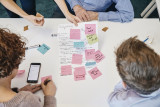
Te wicked? Niet voor ons.
Wij werken allemaal aan urgente, complexe, maatschappelijke uitdagingen. Issues die schier onoplosbaar lijken, van dilemma’s en paradoxen omgeven, nog niet duidelijk hoe het moet. Wel is duidelijk dát het moet, dat we elkaar nodig
hebben en dat we er NU aan moeten beginnen. Om met de woorden van Jan Rotmans te spreken; we leven niet in een tijdperk van verandering maar in een verandering van tijdperk. En hier hoort een nieuwe gereedschapskist bij.
En of je nou aan energietransitie werkt, andere mobiliteitssystemen, creëren van waterstofhubs, peer to peer autodeelsystemen, het maakt niet uit, we zien dat al deze opgaven op enig moment tegen gelijksoortige barrières aanlopen. Op samenwerking, financiering, privacy, onvoldoende aansluiting op de maatschappij, om maar een paar voorbeelden te noemen.
Unieke samenwerking
Als Amsterdam Smart City netwerk willen en kunnen we deze opgaven niet laten liggen. Door het bundelen van onze kennis en expertise kunnen we als netwerk iets unieks bieden en de wil en durf tonen om deze barrières te doorbreken. De betrokken partners die dit uitdenken en begeleiden zijn RHDHV, Kennisland, Drift, NEMO, Arcadis, Alliander, HvA en Metabolic. Zij bundelen hun expertise en ervaring om de echte vragen boven tafel te krijgen, tot nieuwe manieren van samenwerken te komen en barrières te doorbreken. We richten ons met name op de start van de samenwerking. Gezamenlijk ontwikkelen we een ‘wicked problem aanpak’. Op een nieuwe manier, lerend door te doen, exploratief.
Waar moet je aan denken?
Wat is eigenlijk het echte probleem? Wiens probleem is dit? Hoe kijken anderen er tegenaan? Welke andere partijen lijken nodig? Hoe vind je ze? Hoe ga je om met eigenaarschap en botsende frames? Hoe zorg je dat je al in
een vroeg stadium de maatschappij (bewoners, ondernemers, werknemers, etc) betrekt en hun ervaringen in het project trekt? Het wicked problem team zet nieuwe methoden in voor het beantwoorden van deze vragen. En het creëren van de benodigde commitment om het vraagstuk aan te pakken. Niets staat van te voren vast, want we passen ons aan aan wat we tegenkomen. Met elkaar ontwikkelen we een nieuwe aanpak om de barrières te doorbreken.
EyeBeacons: Wayfinding in Public Spaces

Navigating from A to B is an essential part of our daily lives.
Unknown routes, busy places and unexpected obstacles are a big challenge for everyone, regardless of what your eyesight is. For people with a visual impairment, this process is primarily a task because they have limited use of spatial orientation and directions in the environment. The EyeBeacons project investigated how new technologies can support people with a visual impairment when navigating through the city.
For more information you can get in contact with Joey van der Bie, researcher at the Digital Life Centre of the Amsterdam University of Applied Sciences. Follow this link for further details.
Witkar
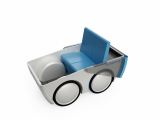
Oplossing voor first en last mile
Check the video footage from 1974:
English
Nederlands
Program Smart Mobility Amsterdam 2019 - 2025
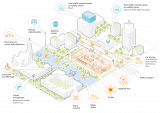
An accessible, liveable and less polluted city: this is what we’d like to achieve for residents, visitors and businesses in Amsterdam today and for future generations. Smarter and cleaner mobility can help us realise these aims. As a city, we want to offer Amsterdammers, commuters and visitors alternatives to the present forms of mobility, providing a door-to-door solution and contributing to our aims. This includes shared electric transport, from cars to bikes, in ‘Neighbourhood eHubs’ (eBuurthubs) established in cooperation with local residents. That way, we can use clean modes of transport and create more space in the city by sharing. We can then use this extra space to improve liveability.
More info and link to the program via www.amsterdam.nl/smartmobility
Check the report:
https://www.amsterdam.nl/wonen-leefomgeving/innovatie/smart-mobility
Actions
To achieve the ambitions, we will start working with two program lines:
1. Data and digitization
This program line helps the municipal organization digital tools and skills to ensure sufficient control in the future be able to rely on mobility in the city and around
improve quality in public spaces. We are working towards a mobility center of the
future. For this we will use the take the following steps:
• A shared basis: building a strong one data position
• A level playing field: frameworks
• Learning by doing: from traffic management to mobility management
• Ready for the future: aware of the consequences of digitization of mobility
2. Innovative mobility solutions
In this program we work together on concrete smart and clean alternatives to transport, so that Amsterdammers and visitors to the city are less dependent on their own car. We do this by setting up projects in certain urban areas and for specific target groups. We also focus on smart city logistics and we explore the possibilities of transport by water and air. Special attention is given to vulnerable groups and Amsterdam residents with a small grant. We improve the range of new affordable mobility concepts and increase demand, we grow into smart mobility city number 1 with a better and accessible mobility system for everyone. For this we will include the following in this program:
• Smart organization of mobility in the city: travelers are working on alternatives to possessing cars and initiating behavioral change.
• Smart fitting and efficient deployment of new mobility solutions: creating space for new concepts in the city and scaling up
• Anticipate on technological innovations: insights into new opportunities and collaborations. The report contains an overview of the various projects started in the previous program that are still running and newly started activities.
MaaS in the Amsterdam business district

Travelling to your office with different modes of transport is a huge hassle. There are many services available but they each come with their own app, smart card and subscription.
So what happens if your employer offers a mobility budget?
How do employees experience travelling differently?
The Zuidas Mobility Experience is a pilot MaaS project where participants who currently drive to Zuidas for work are challenged to change their mobility patterns for a month and truly employ the prototype of Mobility as a Service.
This has resulted in a user study and offers insights in their motivations. See the report (in Dutch) at: https://zuidas.nl/cms/wp-content/uploads/2018/07/Bijlage-7-Doelgroepen-en-drijfverenonderzoek-Zuidas.pdf
The success of the MaaS Experience and the challenges in the Amsterdam business district have led to the preparation of a follow-up, MaaS pilot Amsterdam Zuid-As (in Dutch): https://dutchmobilityinnovations.com/spaces/1131/maas-pilot-amsterdam-zuidas/landing
Amsterdam Smart City made a video about the MaaS project, with one of the participants:
The Road to Barcelona - Mobility as a Service
Smart Stories
Check the article about the MaaS Challenge featured in our online magazine 'Smart Stories':
Reisproef Amsterdam

Ga het avontuur aan!
We dagen Amsterdammers uit om hun auto en parkeervergunning voor twee maanden in te leveren en te ervaren hoe anders reizen bevalt. In ruil daarvoor krijgen deelnemers een bedrag aan reistegoed bij alle aangesloten vervoerders.
Doe mee met een proef en ruil uw auto twee maanden in voor ander vervoer. Samen houden we de stad bereikbaar en leefbaar.
Meld je hier aan
<https://www.amsterdam.nl/parkeren-verkeer/parkeervergunning/doe-mee-reis>
Lees meer over het smart mobility programma van Amsterdam
<https://www.amsterdam.nl/wonen-leefomgeving/amsterdam-innovatie/smart-mobility/>
Lees hier meer over een eerdere pilot rondom de Zuidas
<https://amsterdamsmartcity.com/projects/maas-in-the-amsterdam-business-district>
Informatie en vragen over de proef
Van welke vervoerders kan ik gebruik maken?
- Openbaar vervoer op basis van de OV-chipkaart
- Taxi: TCA, Uber
- Deelauto: Car2Go, Greenwheels, mywheels
- Huurauto: Tripmanager
- Deelfiets: Urbee
- Scooter: Felyx
- Ridesharing: Viavan
Deze lijst kan nog uitgebreid worden.
Wanneer start de periode van twee maanden? Kan ik zelf kiezen welke maanden ik mee wil doen?
Binnen de looptijd van het experiment bepaalt u zelf de maanden van deelname. Er zijn wel vaste instapmomenten in verband met het inleveren van uw auto.
Waar parkeer ik mijn auto tijdens de proef?
Gedurende de twee maanden van de proef parkeert u uw auto in een gemeentelijke garage. Wij maken de locatie na inschrijving aan de deelnemers bekend.
Moet ik betalen voor mijn vergunning terwijl ik hem niet gebruik?
In de periode dat u meedoet aan de proef levert u uw auto in en kunt u geen gebruik maken van uw parkeervergunning. De kosten van de parkeervergunning in de periode van deelname krijgt u vergoed als aanvulling op uw reiscredits.
Kan ik ook meedoen als ik geen auto heb, of geen parkeervergunning maar wel een auto?
Het experiment is alleen toegankelijk voor mensen in het bezit van een auto + parkeervergunning. Het experiment maakt onderdeel uit van een groter project om Amsterdam autoluw(er) te maken en om het aanbod aan alternatieven voor de auto verder te ontwikkelen.
Kan ik tussendoor mijn auto gebruiken?
Het is niet mogelijk om uw auto tussendoor te gebruiken. Is er sprake van nood dan bekijkt het projectteam per geval of u de auto terug kunt krijgen.
EV Energy
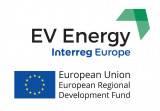
EV Energy paves the way for a future decarbonisation of the energy and mobility sector.
Articles by Green IT Amsterdam
- Removing the last hurdle to EV’s integration: policies and regulations overdue make-over
- Embracing the flexible energy revolution in urban cities
- EV ENERGY at the European Sustainable Energy Week
- Nieuwe mobiliteitsoplossingen vereisen slimme ICT / New mobility solutions require smarter ICT
- Opslag van energie Amsterdam Arena wijst datacenters de weg
Professionals Video
- RTL7 - Green Project (Dutch TV - We explain how your electric car can function as a small power plant!)
- EV Energy takes action! (Video on the actions planned in our partner regions to promote sustainable mobility and energy)
Newsletter: Semester 1, Semester 2, Semester 3, Semester 4,
Other materials:
- Policy brief on Sustainable Mobility: read here
- Webinar on E-Mobility: watch here
Subscribe to our newsletter and receive upfront all news, updates and events from the EV ENERGY project !
Felyx e-scooter sharing

Felyx offers shared electric scooters as a new urban mobility concept. Our convenient and affordable scooters can be located and activated through an app and parked at any destination ("free-floating").
Felyxoffers shared electric scooters as a new urban mobility concept. Our convenient and affordable scooters can be located and activated through an app and parked at any destination ("free-floating"). Our concept solves current urban mobility issues and combines possibilities and opportunities of new technologies, sharing economy, and sustainability.
Zuidasdok

Amsterdam's business district 'Zuidas' gets a big overhaul the next couple of years.
Toogethr
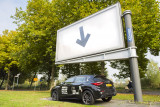
Share a ride, Toogethr.
Partners:
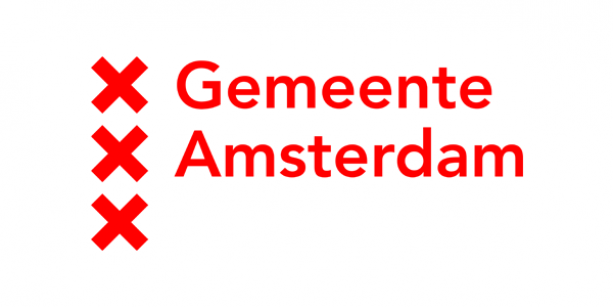
Movby - Local Friendly Mobility Solutions
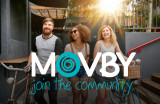
Adventures start with Movby. Unlock unique rides and experience a city like a local, even if it's for a day - Or share yours and earn.
https://www.instagram.com/movby/
https://www.facebook.com/movby/
contact email: hello.movby@gmail.com
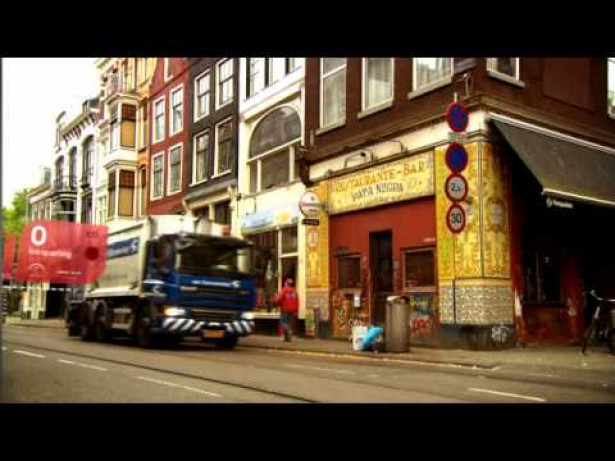
Action Program Smart Mobility 2016-2018- City of Amsterdam
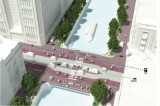
Improve the safety, accessibility, air quality, quality of life, and attractiveness of Amsterdam.
Check the Action Program Smart Mobility in English (link)
Check the Action Program Smart Mobility in Dutch (link)
Stay up to date
Get notified about new updates, opportunities or events that match your interests.
